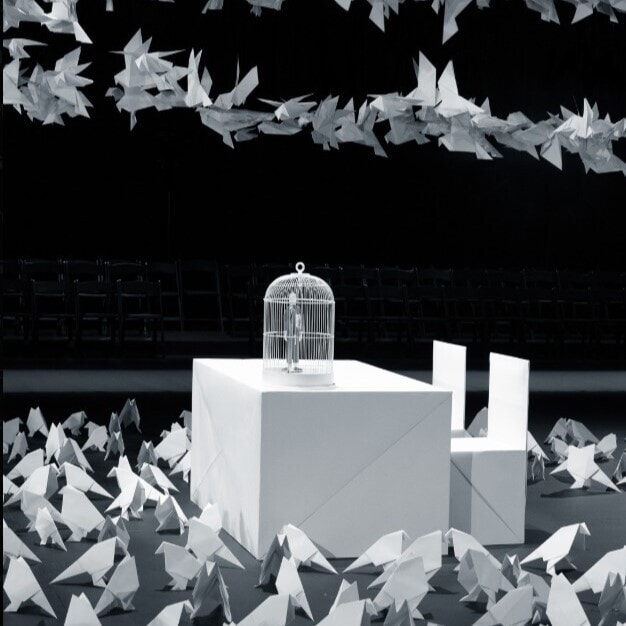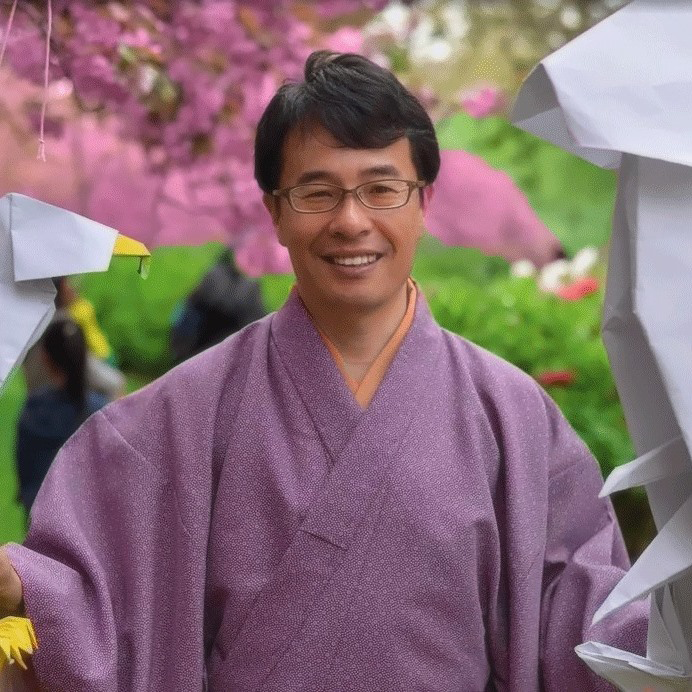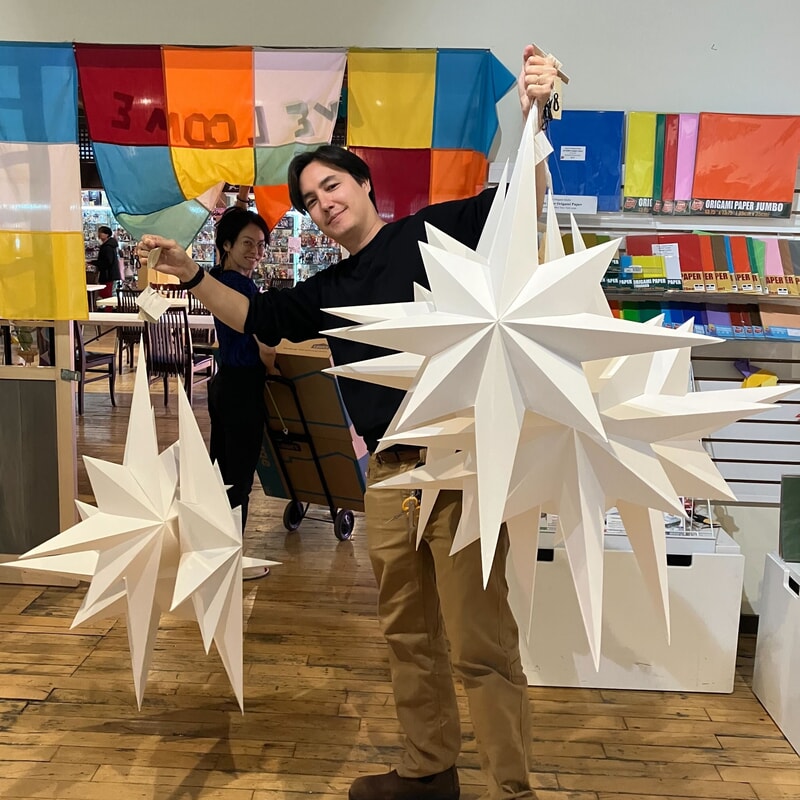On March 14, 2019 New York City witnessed the unveiling of the newest iconic addition to the skyline. The Vessel at Hudson Yards, by British designer Thomas Heatherwick, is an elaborate honeycomb-like structure that rises 16 stories and consists of 154 flights of stairs, 2,500 steps, and 80 landings that visitors are able to climb. But for its grand opening to the public, Hudson Yards wanted something memorable that people could have as a lasting reminder of the structure. That is when they called Taro’s Origami Studio to begin an elaborate, months-long journey to re-create the vessel in paper. Have a look below at the entire process:
1) Brainstorming
The mission of the project was to create a unique origami design out of paper that could be folded and handed out to the over 10,000 visitors to the grand opening of the Shops and Restaurants @ Hudson Yards. Here is the structure itself that Taro’s was asked to model the designs after:

Obviously though there are some serious hurdles to a project like this, for example: how long the model takes to fold has a serious concern, as well as how close the model would look sto the actual structure. In the end, the studio created a series of options to start with as prototypes- one simple origami structure as a starting point, one more complex one, and a unique kirigami option that allowed for cuts in the paper. Here are the origami versions:


And here is a look at the kirigami option:


After talking with the Hudson Yards team, we all decided to pursue the kirigami option to try and get a more realistic interpretation of the building in paper form. From there we moved on to the next phase of the project.
2) Refining
Once kirigami was chosen as the direction to explore, the Taro’s Origami team spent some time designing a one-to-one scaled model of the vessel. The first thing to tackle was finding a way to compress all of the elements of the real structure into the paper version. This meant that they team wanted to make sure all of the platforms, stairways, and dimensions of the models stayed true to life. As you can see from the first revised versions in red (which were around 6-7 inches wide) the additional layers of the model got close to the shape of the model, but simply weren’t tall enough.


The breakthrough for the Taro’s design team, led by Frank Ling, was finding a better cardstock to use. This much thicker paper (about 120lb) allowed for the top levels of the model to be much thinner, and thus taller in relation to the rest of the model. It took several versions, but the new custom paper also was a close match to the shiny copper finish of the real model and Taro’s was able to shrink the final version of the model down to a very manageable 3.5 inches across and 4.5 inches tall.


3) Production
Once the model was chosen, Taro’s was then tasked with creating 1,500 of the models for the event. Because of the intricacy of the model and the over 80 cuts in the paper required for the finished version, each one took about 10 minutes to create on our computer-aided cutting machines. this meant that the Taro’s team spent over 250 hours getting all of the models ready for the event.




But the cutting process was only half of the story. From there the Taro’s staff had to open up each of the models and meticulously expand them to create the final product. At about 6 minutes each this was about another 100 hours of time.


4) Distribution
Once most of the models were done being cut and shaped, the fun part began. The models were displayed and photographed by the Hudson Yards team before the event began, and then once the doors finally opened on the space, guests lined up around the block for a chance to take one of these custom-made beauties home.




At the end of the project, the staff was also allowed to visit the vessel in person and Designer Frank Ling can be seen here proudly displaying the team’s work.









